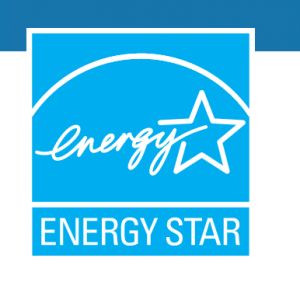 You’ve been on the fence about buying a home, right?
You’ve been on the fence about buying a home, right?
Maybe I should rent a bit longer?
My biggest challenge is saving that money for that HUGE 20% down payment I have to have…..
Wrong!!
Debunking the 20% Down Payment
According to a recent survey, 67% of home buyers plan on putting at least 20% down on their mortgage. But did you know, you more than likely don’t need a 20% down payment?? You may get a loan with as low as 3% (based on numerous factors)***
There ARE low down payment options available TODAY for you to purchase a home! And remember, these great interest rates will not be here forever, and when they start to tick up, they can quickly change your buying power and what the cost of your monthly payment will be.
If you have been thinking about buying, but afraid you don’t have the down payment….STOP!
The first thing to do is contact a member of our Lender Team!!! They can do a pre-approval for you and discuss your financing options. Of course, the type of home you are buying (condominium or single family) as well as your credit and your current debt will all play a factor in what type of loan you qualify for.
But why not find out your options FIRST? Then you will know if you are on the right track to buy your home, and there is a pretty good chance you won’t need 20% for a down payment.
***TD Bank conducted a survey focused on potential first time home buyers. Survey topics include how soon respondents are looking to purchase, where they would like to purchase, amenities they’re looking for, and how they will finance their home when the time comes. .









